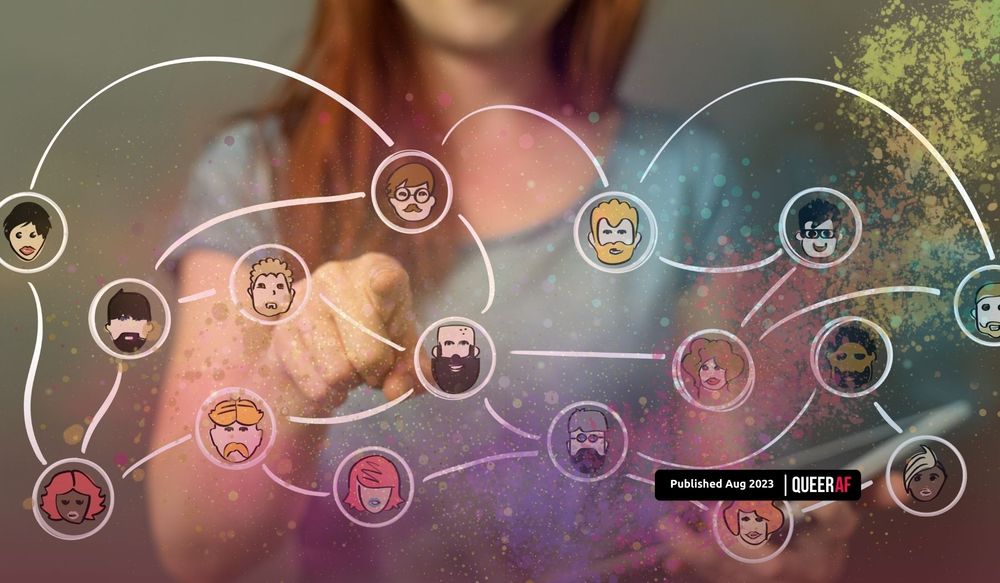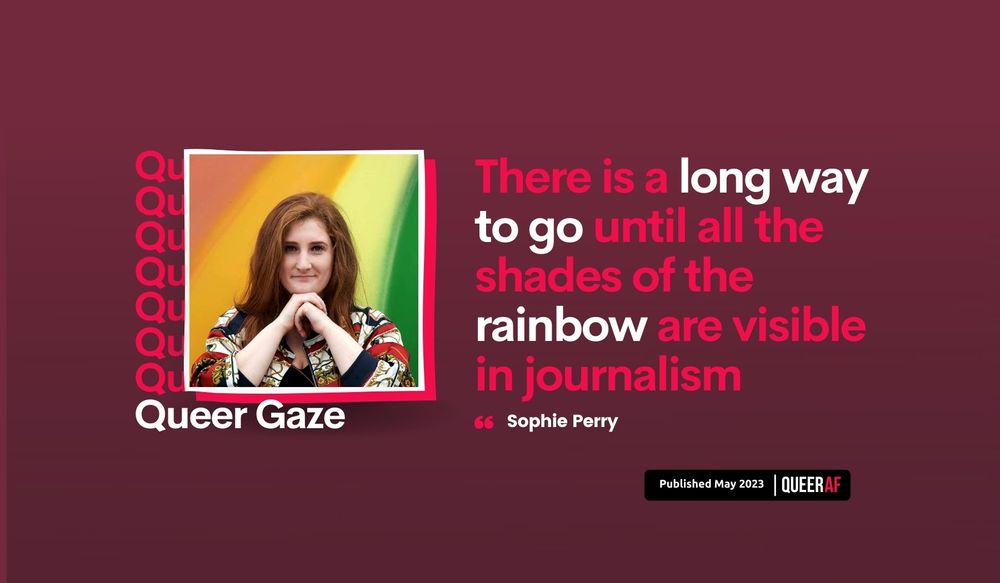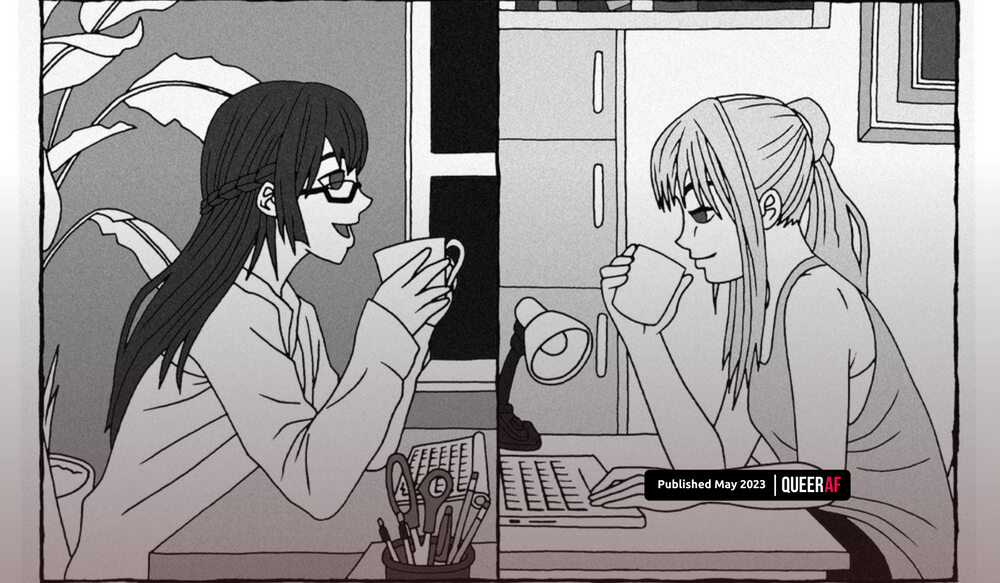
At the beginning of my career, advertising the fact that I was queer in a majority straight, white, male newsroom was the last thing I wanted to do.
With time and hard work, however, newsroom culture has shifted. Now, editors look to people like me for sensitive and non-biased queer coverage.
So how can we pitch and prioritise LGBTQIA+ stories? What about those people who may not have the same life experience as us? Who might not see our stories as critical to the news agenda?
If you’re comfortable being ‘out’ in the workplace, your first step could be requesting a meeting with your editor about your outlet’s LGBTQIA+ coverage. If you get it, come prepared.

Be prepared, and topical
Draw on timely stories in the UK, like the fight for comprehensive conversion therapy, or the Church of Scotland accepting same-sex marriage.
They’re reasons to assign a dedicated LGBTQIA+ reporter, or work on a queer-focused calendar looking forward to key legislation dates.
Use statistics (and talk about money)
Arm yourself with statistics; 2.7% of the UK is LGB according to the ONS, which represents a significant potential readership.
There is also an economic reason for bosses to uplift queer employees, with research showing that a diverse workforce can increase productivity and creativity.
Personally, I made notes in content meetings to figure out if a story needed a queer angle – for example, any specific struggles for the LGBTQIA+ community during the pandemic – and tried to voice those notes where possible.
During the run-up to the 2019 general election, for example, I interviewed trans and non-binary candidates to add queer voices to that national conversation.
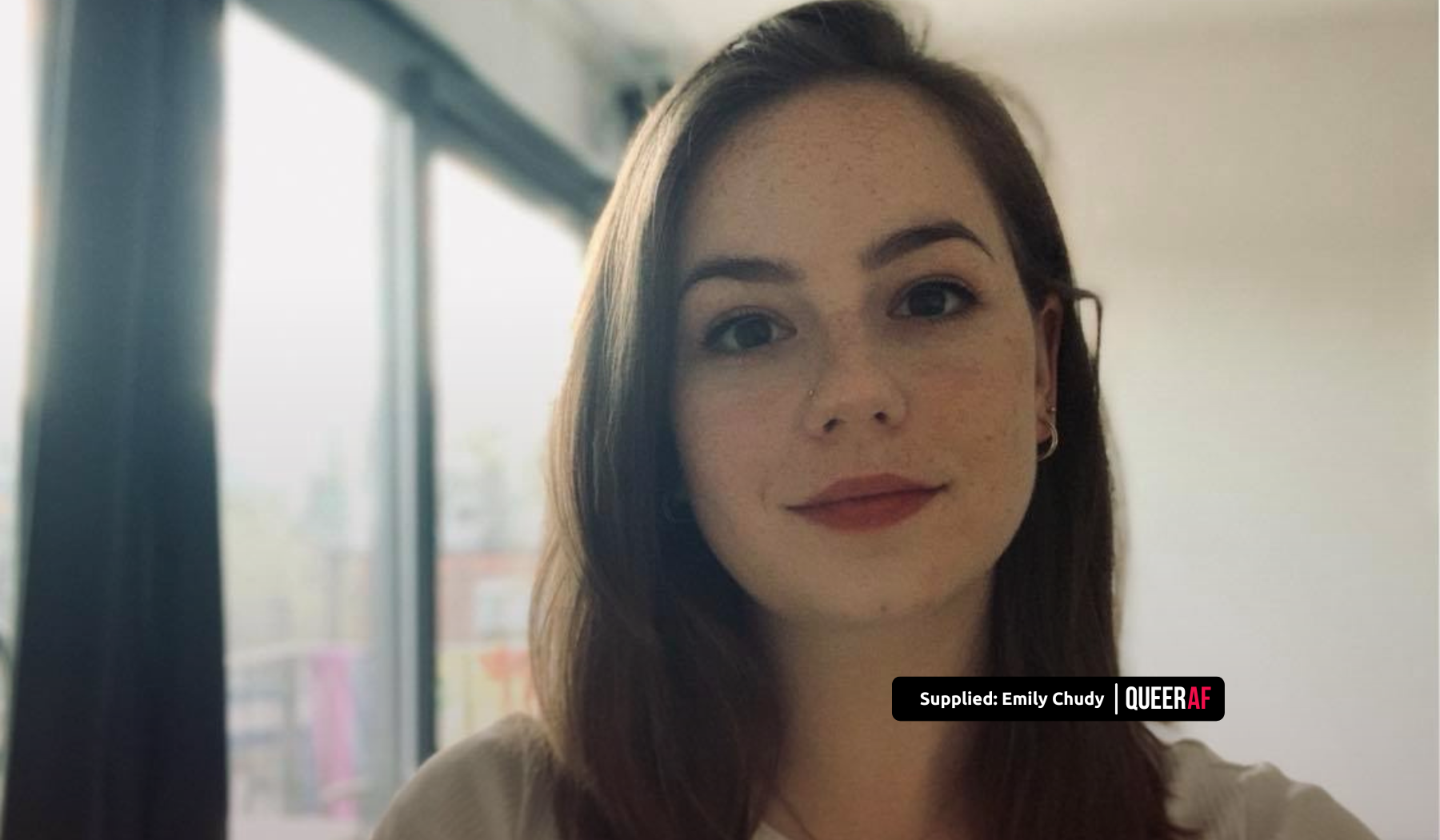
Find your fellow queers
Finding your community in the newsroom is also a great way to diversify coverage; every time I’ve started a new job I’ve been anxious about the idea of ‘coming out’, then found that I’m seldom the only queer staff member.
UK newsrooms are over 87% white (NCTJ), 51% privately educated (Full Fact), and have faced criticism for transphobia and homophobia even in the present day.
Just a few months ago, a UN group described some media coverage of the monkeypox outbreak as “racist and homophobic”.
I have seen first-hand that newsroom culture is changing. However, it can still be difficult to navigate and lead to feelings of imposter syndrome and burnout.
It will take writers and editors alike to keep up the momentum of positive change, but prioritising quality queer journalism can transform newsrooms for good.
As part of our commitment to the sector, QueerAF has partnered with the LGBTQ+ Journalism Network to run this 'Journalist Like Me' content series and help develop a thriving network of queer media professionals.
➡️ Support the series and our work with a QueerAF membership
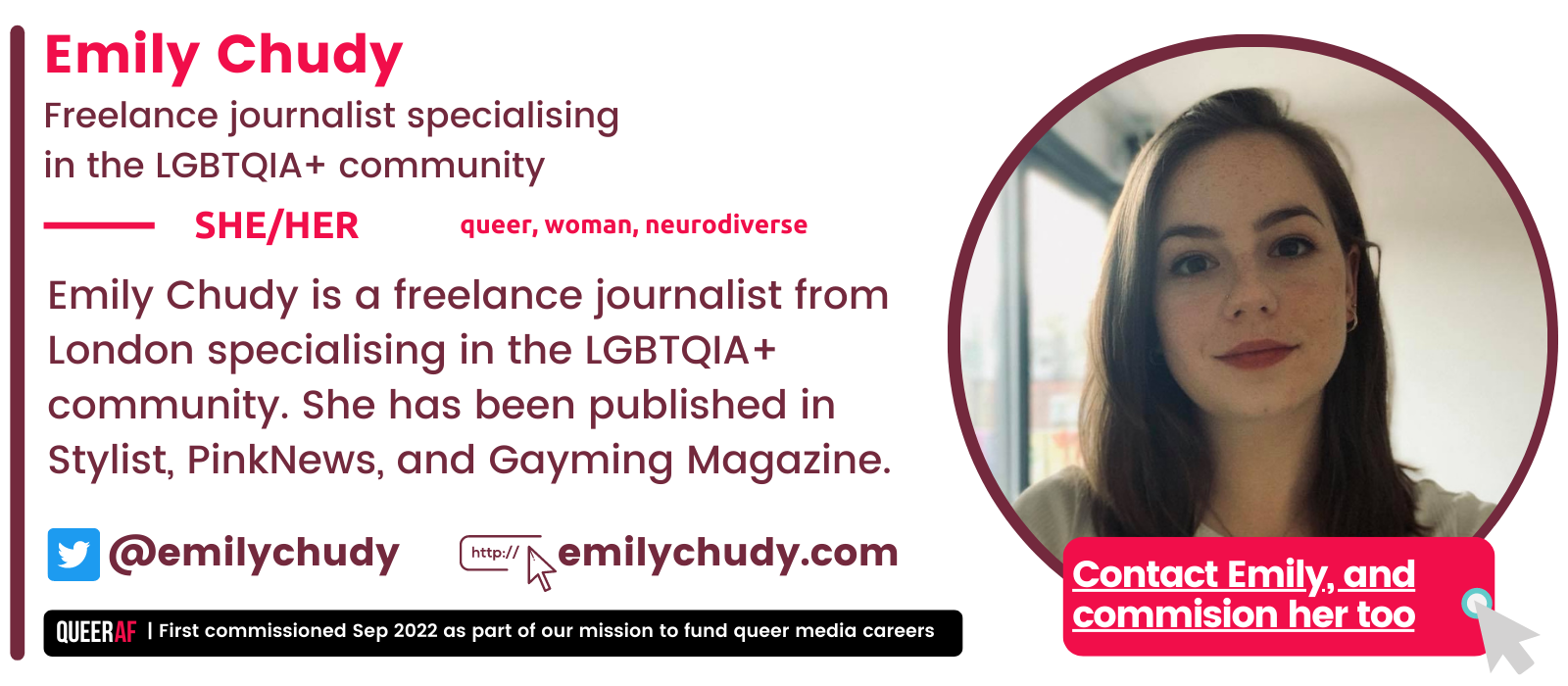
QueerAF is re-writing the way LGBTQIA+ journalists are funded
In the rush for clicks, the media is failing one of its most important duties - improving the very craft of journalism. Even established LGBTQIA+ journalists struggle to get time to sit down with their editors to grow and learn.
That's why we make time. This is what our writers say about the sub-editing and writing retrospective all our contributors get:
- "I found it a very useful in depth look at why we're writing the story instead of the usual faceless editing."
- "Great opportunity to understand the editing process, writing tips and tricks - a bucket full of creative advice!"
- "I loved the process and how helpful you've been to a novice writer."
QueerAF is a platform where creators, journalists and producers can get paid and commissioned directly by the QueerAF community. This, while we mentor them to build a career, work in the industry - and then change it.
Our approach is unique. Sessions like these take a great deal of time to set up and run. But we do them because they help our writers improve their craft.
We deliver what counts, not clicks for corporates. It lets us do this amazing work while giving you fresh queer journalism - from fresh queer journalists, like in this Journalist Like Me series.
Will you make these sessions possible and help us change the media?








